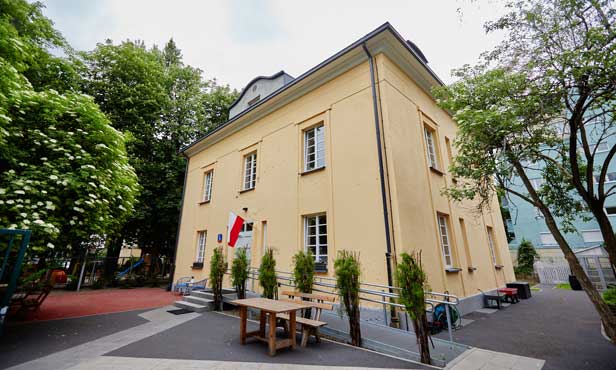
Introduction
We the team of Warsaw Montessori Middle School (WMMS) believe that the sensorial memory of being in our early adolescent (12-15) and our late adolescent (15-18) environments (growing and raising their own food by maintaining gardens/growing vegetables, raising animals such as chickens for eggs, bees for honey, goats for milk; participating in real and meaningful business projects such as running a kitchen and a project that we will call lunch shop – macroeconomics lesson, wood shop, publicity, photography and movie documentation, hospitality projects, self-expression through music, poetry and arts and many more)
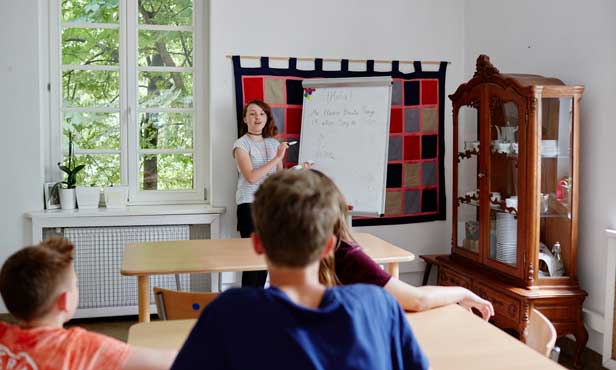
The curriculum
The curriculum offers a broad view of the world, emphasising ecological interdependency, the historical development and interconnectedness of ideas and events, and an international/transcultural perspective.
The curriculum is developmentally based and appropriate to meet the intellectual, social, emotional, and physical needs of adolescents.
The course of study goes beyond the traditional college preparatory curriculum, teaching student show to think clearly, do their own research, express themselves in writing and speech, and apply their knowledge.
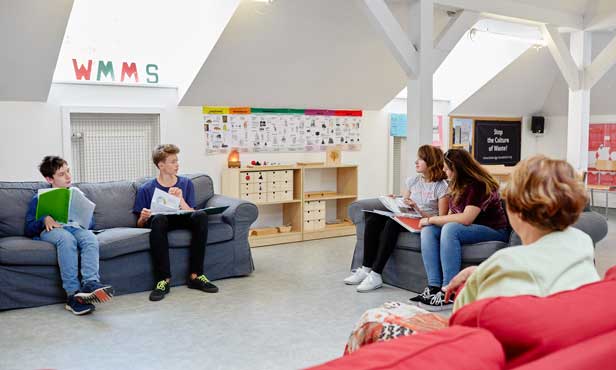
The course of study is an „integrated thematic approach” that ties separate disciplines of the curriculum into studies of the physical universe, the world of nature, and the human experience.This integrated approach is one of Montessori’s great strengths. As an example, when students study the culture and history of the ancient Greeks in Humanities, they also study mythology and read Homer and the great Greek Tragedies. As they read Shakespeare, secondary students study the Elizabethan period and attend performances of Shakespeare.
Montessori secondary programs do not emphasize academic competition among students. The program evaluates students on a logical, objective basis. Students are not graded on a curve but rather are evaluated individually against clearly stated academic objectives through a wide variety of authentic assessments techniques, including portfolios, long-term projects, and self-evaluation,
Montessori at the secondary level encourages students to value the process of learning, especially the ability to learn from their mistakes.
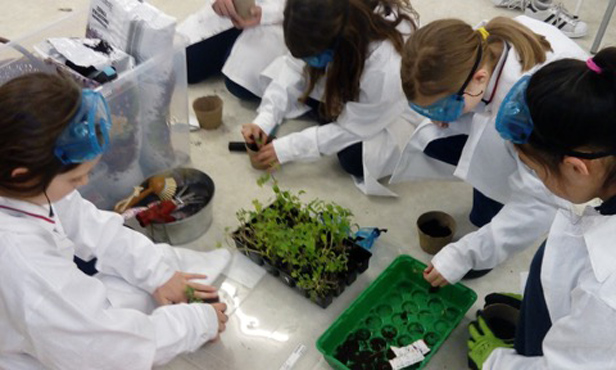
The faculty is flexible in teaching styles, which allows the modification of assignments and testing strategies to meet individual student’s learning styles and special interests.
The curriculum allows students to learn through experience and practical “hands-on” application.
The faculty consciously strives to help students develop self-esteem, independence, responsibility, compassion, openness to new experience and learning, patience and self-discipline, acceptance of others, and effective and satisfying social relationships.
There should be a sense of community among the faculty and students, allowing many opportunities for student participation in the planning and operation of the life of the school community. Students are introduced to social issues of the community in which they live, both through the curriculum and through field experiences, volunteer efforts, and internship projects.
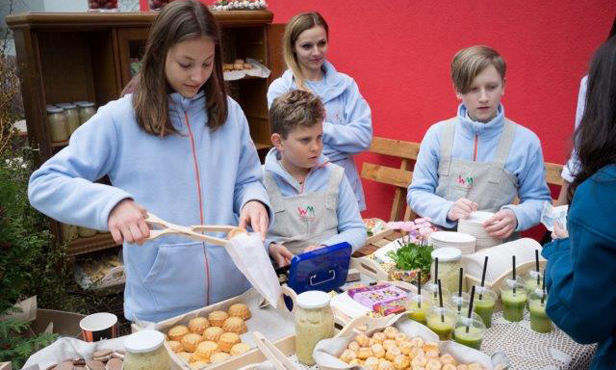
The program facilitates each student’s transition into adulthood by supporting the development of effective and responsible interpersonal and social skills, particularly in the areas of the relationship between the student and family, relationships with peers, relationships with the opposite sex, and the development of a capacity for financial independence.
The school should be a community of young people and adults based on kindness, trust and mutual respect.
The school should be a social laboratory in which young adults learn the skills of living in the adult world within a safe environment.
Ideally, the teachers should be renaissance men and women who serve as mentors and facilitate the process as their students learn how to observe, listen, read critically, gather information, and learn from hands-on experience.
The school should consciously promote entrepreneurial spirit.
The school should consciously promote students’ personal spiritual and ethical development and encourage service to the community.
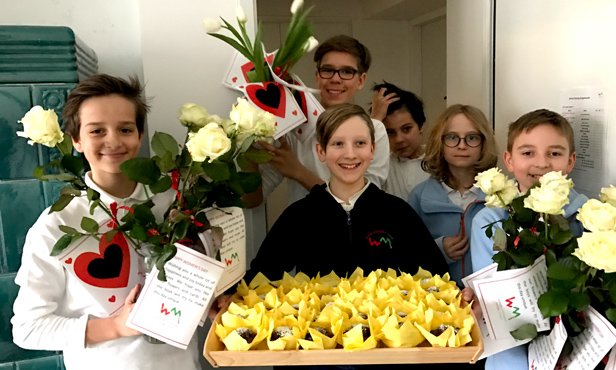
The curriculum should offer an intellectual program which is designed to allow students to blossom without boredom, allowing children with exceptional talents to grow without having to leave the prepared social environment of the school to enter college at a premature age. (It would do so by tapping into the broader local and national community to arrange tutorials, mentorships, and individual studies with
Enough challenge and structure to fit each child’s personality.)
And finally, the school should ideally be located in a physical setting that inspires contemplation and spiritual harmony such as one finds in the mountains, redwood forests, desert, some gardens, and beside the sea. (Most often land, rather than elaborate buildings, creates the desired effect. The buildings can be simple if the campus makes its people smile each time they walk outside.)


